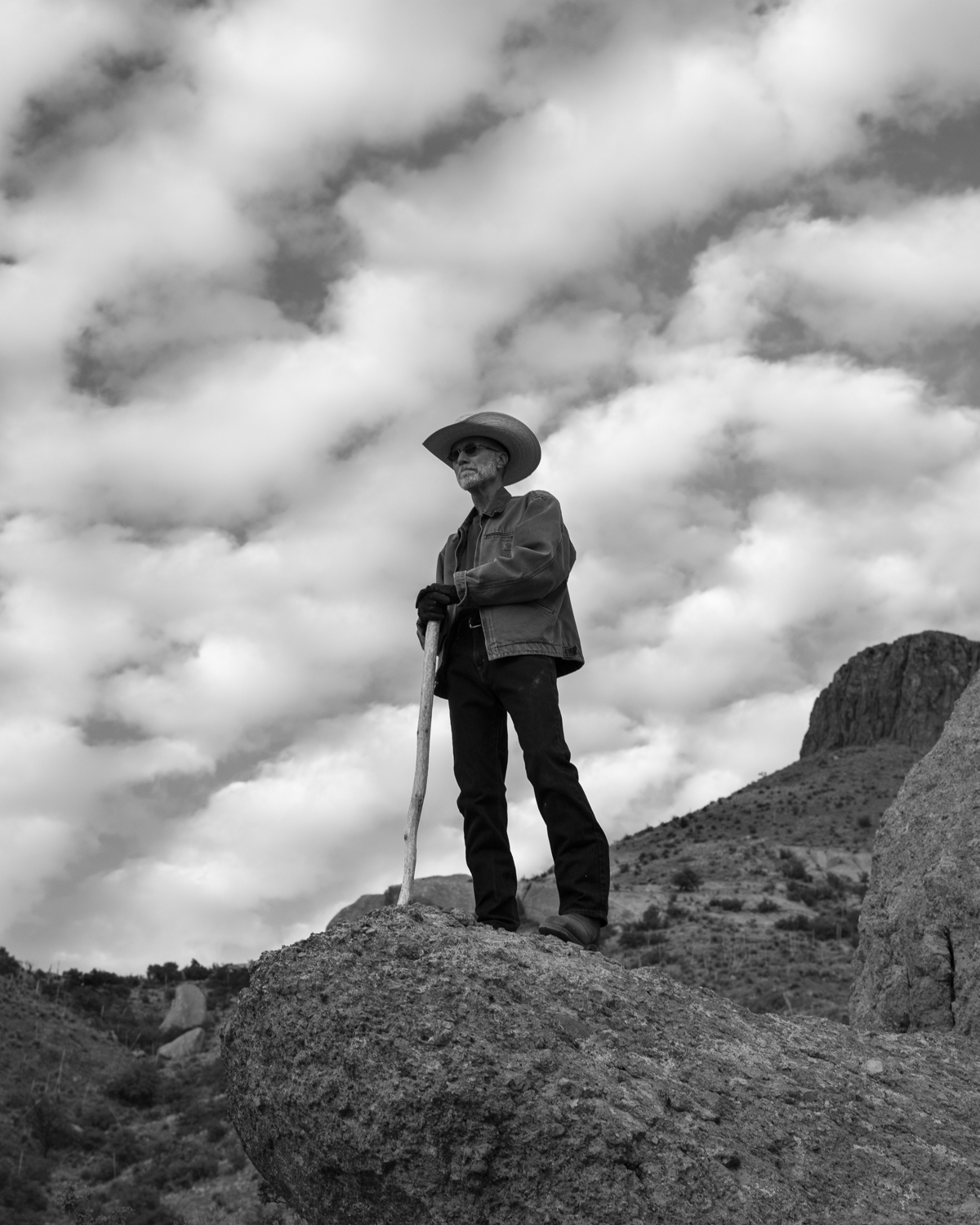“I was looking for anyone who could speak the language of the god of no particular religion.”
—Barry Lopez
I’ve never followed any particular religion. Music is as close to religion as I get. For me music is a spiritual discipline and the daily practice of my art is my form of prayer—a way to transcend myself, to be in touch with mysteries far vaster and deeper than I can fathom.
I’ve never been interested in expressing my personal feelings through music. Yet in 2020 and ’21, as wildfires, superstorms, floods, and pandemic, violence and political turmoil raged all over the earth, I found myself composing what may be the most personal music of my life.

Moving into my late 60s, I could no longer ignore my own mortality. My closest friend was in the final months of his life. His decline seemed to parallel the decline of contemporary society, and his death as a refugee from wildfire was an undeniable manifestation of climate change. Amid the night that seemed to be descending all around, I began composing vespers.
Vespers are evening prayers. My distant model was the Vespers of Claudio Monteverdi. But rather than prayers to the blessed virgin, my prayers would be vespers of the blessed earth. I wanted to give full voice to the grief that so many of us feel today, to seek a measure of consolation and solace, and some hope of renewal in the enduring beauty of the earth.
From In the White Silence to Become Ocean, the textures of my music have usually been saturated with sound, with the lines constantly rising. Yet as I worked on Vespers of the Blessed Earth, I sensed a certain austerity in this music. Realizing that the lines were falling, always falling, I remembered the words of William Carlos Williams: “The descent beckons, as the ascent beckoned…”
When I was young, I’d tried to read the Bible and scriptures from other religions. People said there was wisdom in them, but the words seemed opaque, the wisdom obscure. Now, as I composed this new music, I began reading geology books. These words, too, were difficult to understand. Yet somehow the wisdom seemed more transparent, more comforting to me, the stories they told encompassing all the stories of humanity. I decided to take these as my scriptures.
No matter what we humans may vaingloriously believe, ours is not to “save the earth.” With or without us, the earth will endure. The urgent challenge now facing humanity is to save ourselves, to become more fully and deeply human. Perhaps this begins with atonement, that is, at-one-ment—remembering and retaking our rightful place within the larger community of life on earth.
Amid the gathering darkness of our times, we are urgently seeking answers to questions we are just now learning to ask. In my own search, I look to music, art, and poetry; to geology, biology, and ecology; and to my own experience of the miraculous complexity and mystery of this beautiful world, the only home that I will ever know.
The words of the poet Pedro Salinas have become a kind of credo for me:
Earth, nothing more. Earth, nothing less.
And let that be enough for you.
—John Luther Adams
Vespers of the Blessed Earth receives its world premiere with Yannick Nézet-Séguin and The Philadelphia Orchestra March 30–April 2.
Photo by Madeline Cass